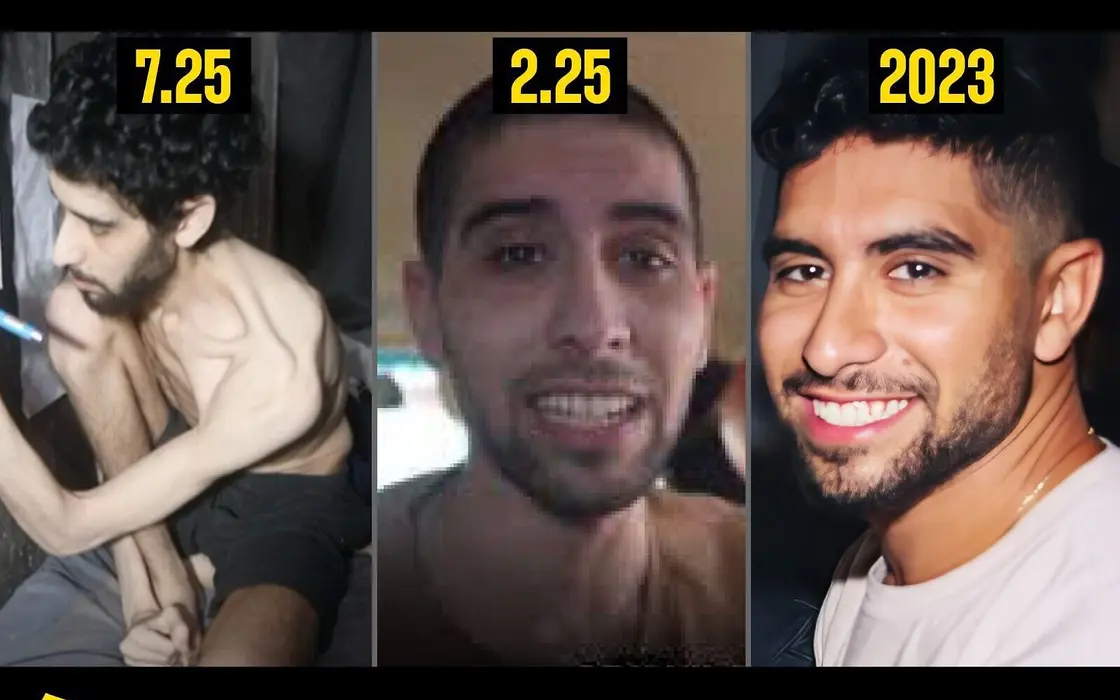T4K3.news
Protests in Israel demand Gaza ceasefire and hostage deal
Nationwide protests in Israel call for hostage releases and an end to the Gaza war as fighting persists in Gaza City outskirts.

Protests across Israel press for hostage releases and an end to the Gaza war as fighting continues.
Israeli protesters demand Gaza ceasefire and hostage deal
Israelis held a day of nationwide protests on Tuesday, demanding the release of hostages held by Hamas and an end to the Gaza war. Protesters blocked major roads in Tel Aviv and other cities, carrying pictures of captives and urging a ceasefire, with a large rally planned outside the defense ministry.
Palestinian residents reported renewed air and ground attacks overnight in the eastern Gaza City suburbs of Sabra, Shejaia, and Tuffah, and in Jabalia to the north, destroying roads and homes. The Israeli military said it is operating to locate weapons and destroy tunnels used by militants. Local health authorities said at least 34 people were killed in the enclave overnight and on Tuesday, including 18 around Gaza City. The strike on Nasser Hospital in Khan Younis killed at least 20 people, including journalists for Reuters and the Associated Press. Prime Minister Netanyahu said Israel deeply regrets the strike, calling it a tragic mishap, while the military has yet to provide full details.
Key Takeaways
"For 690 days, the government has been waging a war without a clear objective."
Hostage families during Day of Disruption
"Earthquakes, we call it, they want to scare people to leave their homes."
Gaza City resident describing night shelling
"How will the hostages, the living and the fallen, be returned?"
Hostage families during protest
"Israel deeply regretted what he called a tragic mishap"
Netanyahu on the hospital strike
Public pressure is growing around a government that has pursued a long war in Gaza. The Day of Disruption shows hostage families turning into a political voice, pressing for a quick resolution and accountability. In a country divided over tactics, the protests reflect broad concern about the human cost of a protracted conflict.
On the ground, the humanitarian toll and the risk of a wider fight cast a shadow over any deal. If Gaza remains unstable, both sides risk longer clashes and more casualties. The administration faces a test to balance security aims with civilian protections and international expectations as the situation stays fragile.
Highlights
- For 690 days, the government has been waging a war without a clear objective
- Earthquakes, we call it, they want to scare people to leave their homes
- How will the hostages, the living and the fallen, be returned
- Israel deeply regretted what he called a tragic mishap
Political and humanitarian risk from ongoing conflict
The protests, continued fighting, and civilian casualties heighten the risk of political backlash at home and international pressure. The situation could influence policy decisions and funding for humanitarian aid.
The path forward will test whether rhetoric translates into policy and action.
Enjoyed this? Let your friends know!
Related News
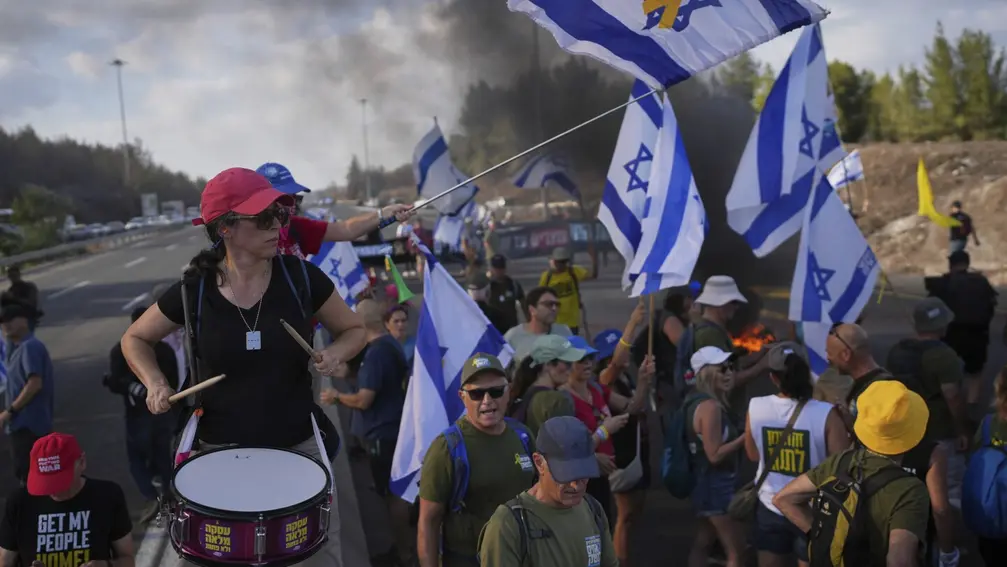
Israel protests escalate into nationwide strike

Protests demand ceasefire as Gaza war crowd grows
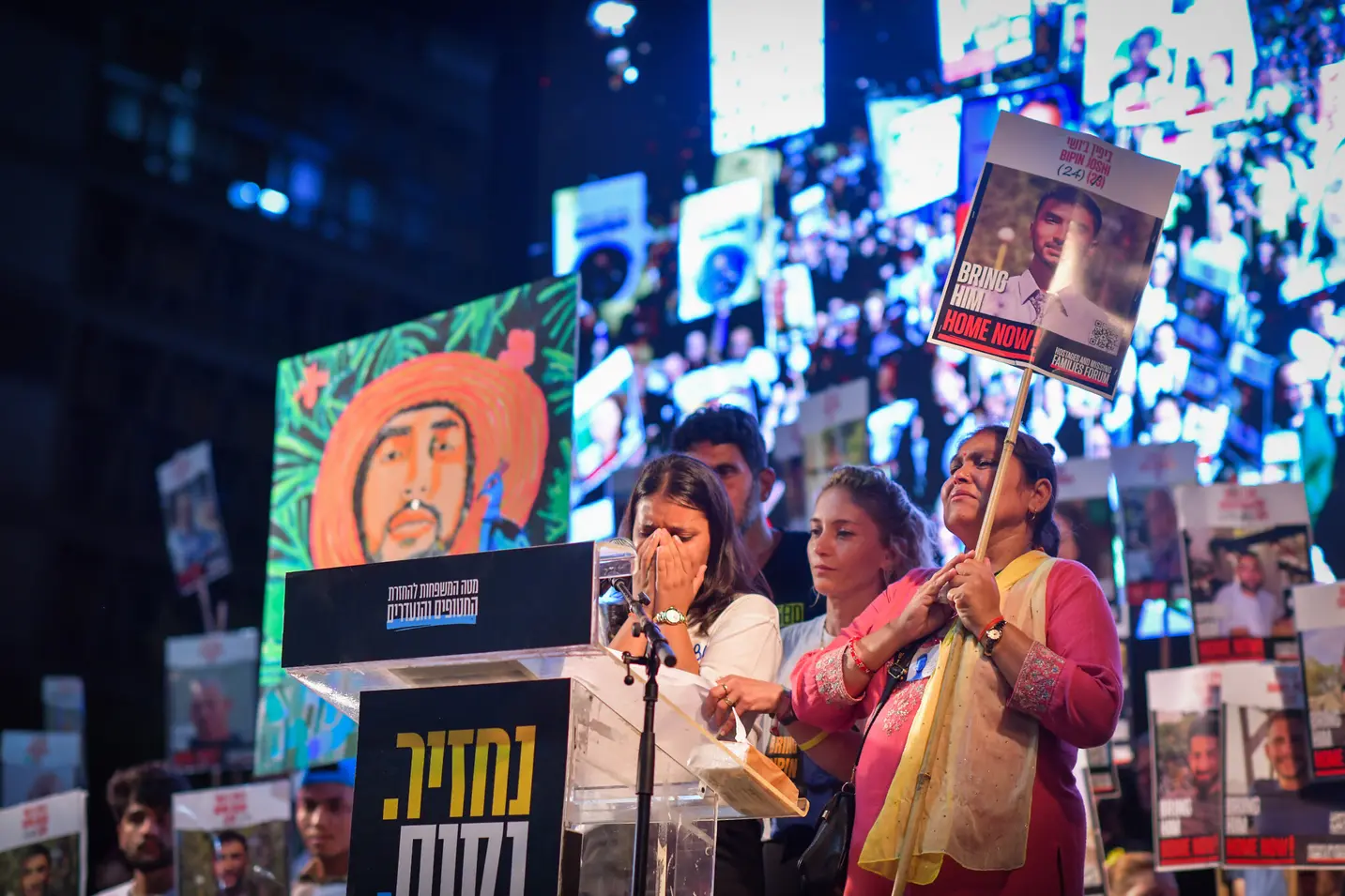
Ceasefire pressure rises
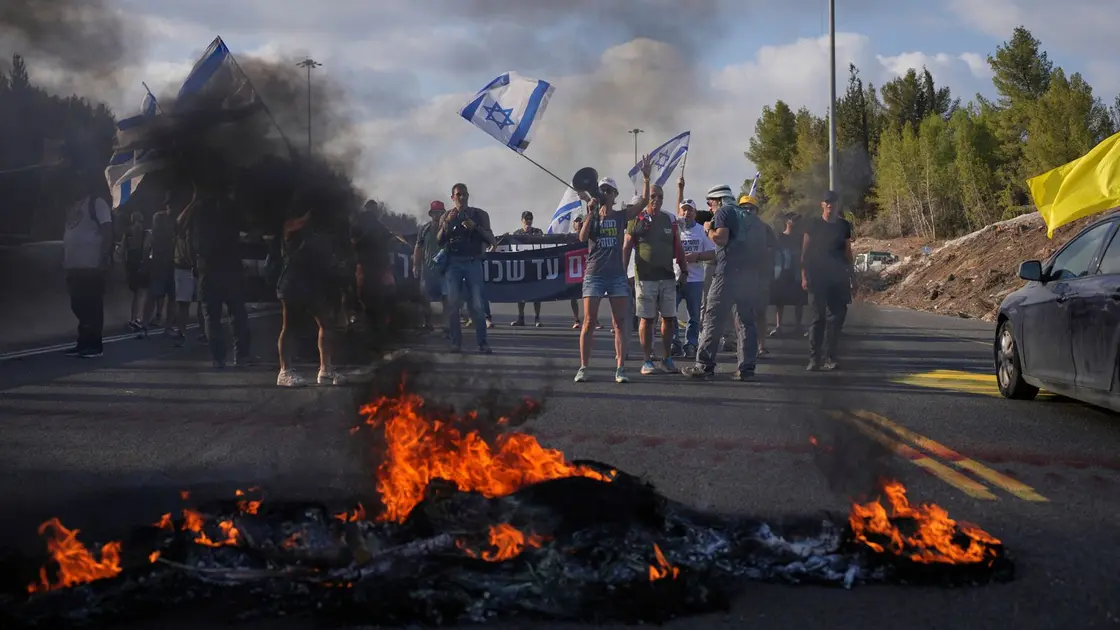
Protests demand ceasefire and hostage release

Protests rise as Netanyahu faces pressure over hostages
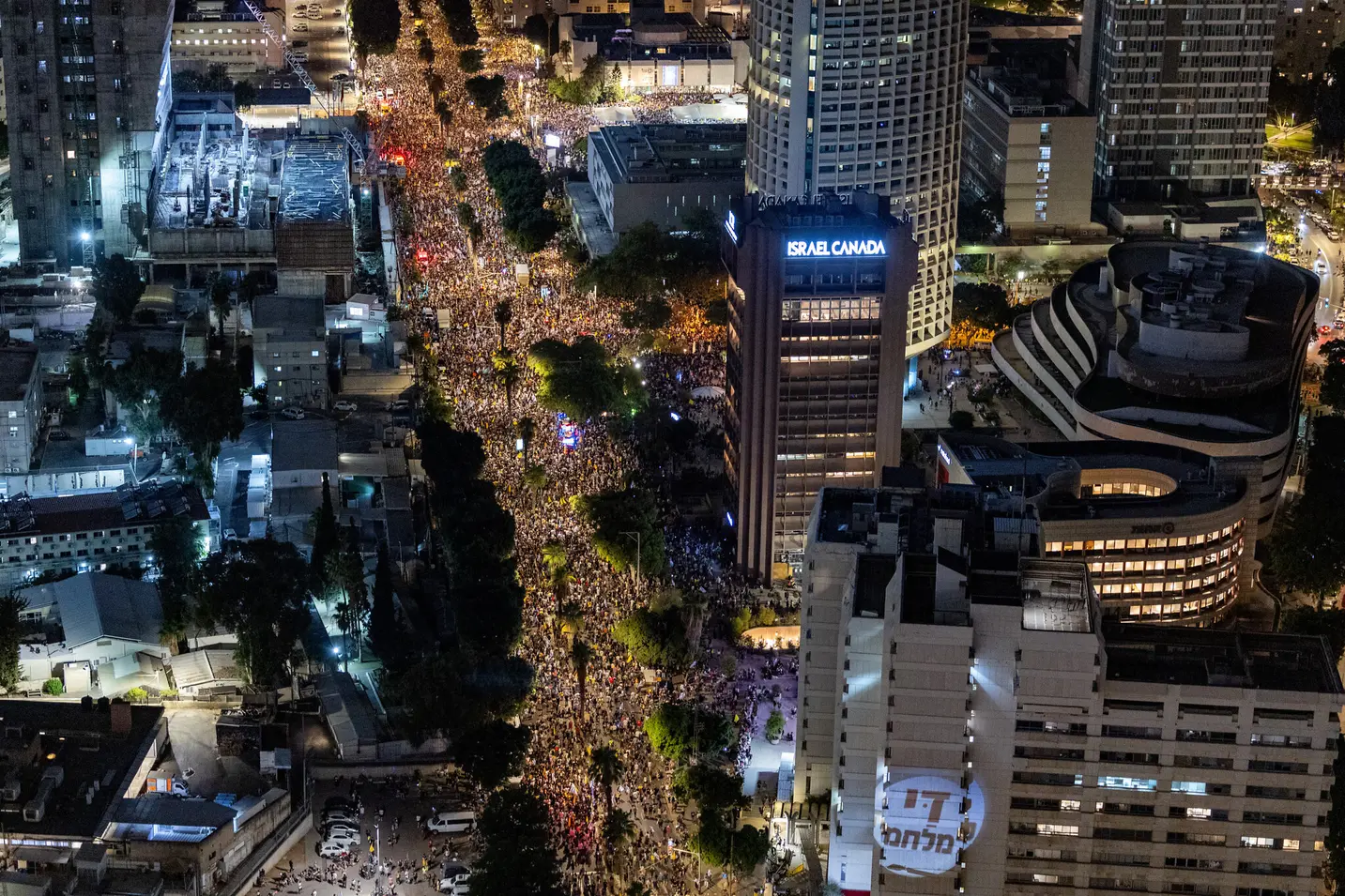
Tel Aviv rallies call for end to war and hostage release

Tel Aviv crowd pushes for hostage deal

IDF says hospital strike targeted Hamas camera
